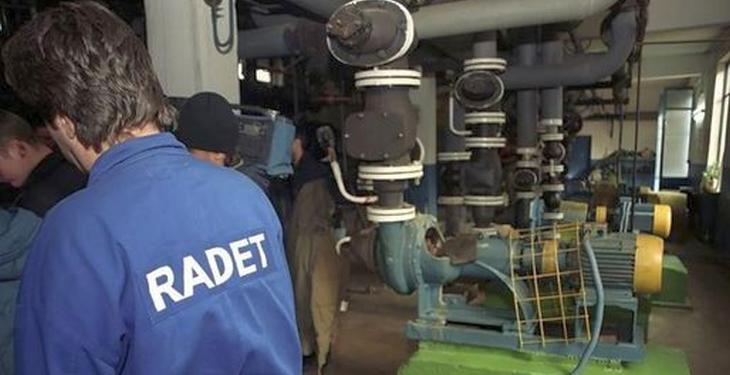The syndic judge could pronounce – at least theoretically – on March 8, the bankruptcy of RADET, according to sources in the market. If the decision is challenged by the Rominsolv administrator at the Court of Appeal, then bankruptcy is postponed, the same sources argue – as confirmed by the Rominsolv administrator for energynomics.ro. “We will challenge such a decision,” Gheorghe Piperea told us.
At the last shareholders meeting, the old merger plan submitted by Rominsolv was not supported by over 99% of the shareholders. However, Rominsolv could challenge the decision on March 8, and so the uncertainty situation would be prolonged.
Sources added that supply to customers will not be affected in any way. At the same time, RADET made sporadic payments during the past year to ELCEN, but not the amount of the historical debt of 3.7 billion lei.
Also, quoted sources said they are trying to eliminate Rominsolv, whose reorganization plan does not meet expectations.
Gheorghe Piperea, administrator of Rominsolv, told energynomics.ro: “The 99% actually asked for the delay of the creditors’ meeting once again, even if the judge charged us all, and it even sanctioned me with a fine – of 1,500 lei – to have a creditors’ meeting and a clearly expressed vote. A vote expressed through Yes or No, with no ambiguities. The reason I interpreted this vote as tacit acceptance of the (reorganization) plan is as follows: both ANAF and Elcen are public creditors… with public money.” Piperea explained that the jurisprudence obliges creditors to use an investor test, which would result in large losses both to ANAF and to ELCEN in the case of RADET’s bankruptcy – that is, in the case of rejection of the current plan submitted by Rominsolv. It would be a waste of public money that no one would agree with, he argues.
“We helped ELCEN not to auto-detonate. Because if their vote was considered negative, then ELCEN – whose turnover is more than two-thirds based on RADET, it would also enter bankruptcy,” said Piperea.
He claims that the withdrawal of Rominsolv from the scheme would be required by creditors as they “do not agree” with how Piperea uses the law. Thus, creditors require proof of the existence of a funding source before the reorganization plan is approved, a source that does not currently exist.
“They have the impression that the legal administrator is their lawyer. They want the (Bucharest) city hall to agree to pay RADET 1.2 billion lei. This is not possible,” Piperea said.
More details in the Spring issue of energynomics.ro Magazine, to be launched on March 27th.

